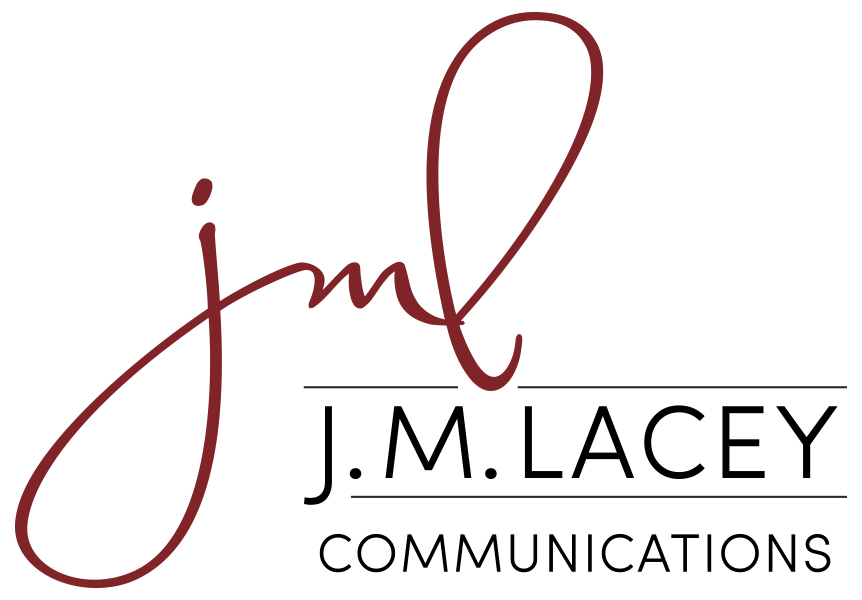As writers, we enjoy focusing on the creative. We love to use our imaginations and put it on paper with words that form beautiful prose. Even writing business material takes a lot of talent and enthusiasm to pen meaningful thoughts and advice.
But what about the editing?
“I leave that to my editor,” some writers say. People would rather hand off their draft to an editor because editing is work. It is not as fun as the writing, they might reason. Or they might feel they are not good at editing.
If a writer hands off his work to his editor to reshape the draft copy into what will sell or persuade, who, then, writes the final copy? Is it the writer, or the editor?
It is prudent for writers to have an editor tweak the draft to fit the objective, audience, or publisher’s expectations. But as writers, editing should be part of the writing process.
This includes novelists, business marketing, nonfiction, or anything that the public will see. Even social media posts in business go through a communications and marketing team before they are posted.
A polished, edited piece of writing is professional. Especially with the use of AI today do genuine writers have to stand out in their work. Editing is not just about grammar, punctuation, and spelling, but editing requires more work and skill than the writing itself. Editing our work allows us to shape the written product into our vision and set it on the right path for expected outcomes.
Advantages of being an excellent editor
Editing our own work lifts the burden off our clients to find yet another person to tackle the same project. Clients would much rather pay you to manage all aspects of the piece than a team of people.
We can also lighten the load on their legal department and other leaders because we’ve made their review swift and helped them look good. For example, we understand the client’s business and can help them avoid litigation from libelous content.
As novelists and book authors, we also save our editors time when we’ve edited our own work to the best of our ability before handing it over. Publishers view us favorably because we become easy to work with. They do not have to hold our hand and teach us grammar, punctuation and how to string sentences and thoughts together.
We should always be the professional, skillful writers we are.
Quick editing tips
Here are some quick tips and questions you can ask to help with your editing process:
1. Ask the client to share the content with others not in their department to make sure it’s understandable.
2. Share your manuscript with beta readers with specific questions to find gaps in your story and fix them.
3. Check for flow, business jargon, and vague explanations, then rewrite them as if you were explaining it all to a kid.
4. Make sure you have answered the who, what, when, where, and how questions.
5. Know your audience to make sure the work “speaks” to them.
6. Look for redundant words and phrases, especially in the same paragraph or worse — the same sentence!
7. Depending on the piece, step away from the work for a couple days to a few weeks or months. You catch more errors when you allow time to pass from looking at the content.
Make it your aim to be a better editor and give your writing a polished finish.
What are some tricks that work for you to edit your own work?
Genuine writers must stand out in their work by presenting a polished, edited piece of writing. Editing requires more work and skill than the writing itself. You save your clients and editors time with your professionalism. Edit your copy in pieces by asking specific questions to home in on aspects of your written work.
Want to improve your writing either in your business or as an author? My 2-Day VIP Writing Workshop is designed to help you write effectively and get a boost to start a writing project and/or compel you forward to finish your writing projects. Get more information here and let’s schedule a call!


Recent Comments